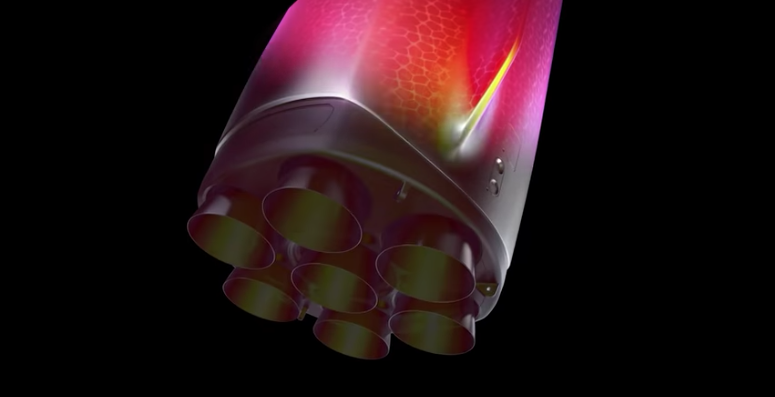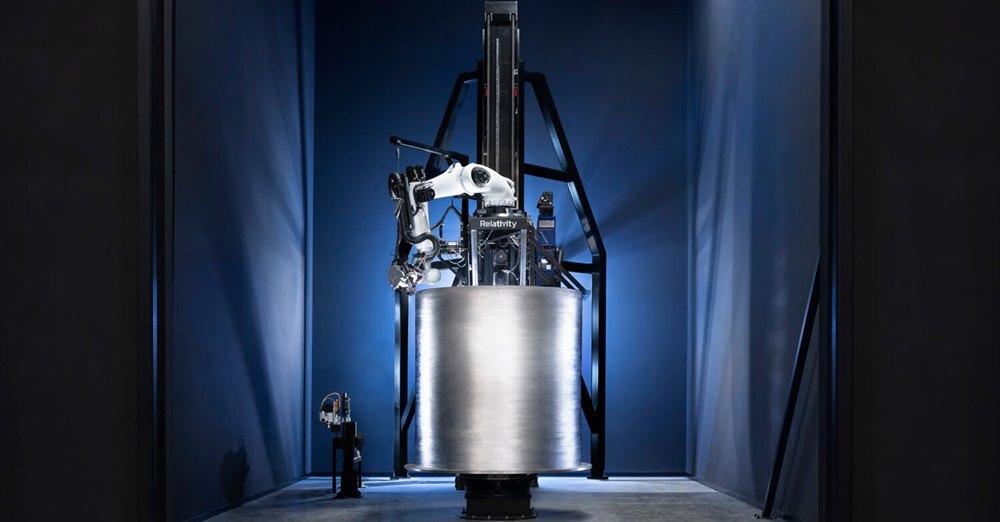OTTAWA — The federal government hasn't gone far enough in addressing Islamophobia in Canada despite the rise of anti-Muslim hate in recent years, a Wilfrid Laurier University professor said.

© Provided by The Canadian Press
Jasmin Zine said the London, Ont., attack that left four members of a Muslim family dead is another episode in a series of attacks that targeted Muslim Canadians across the country in the last few years amid lack of concerted government action to tackle the rise in Islamophobia.
Zine said she is working with a group of researchers on a study that will come out in the fall to document how a network of associations, groups, activists and donors has been promoting anti-Muslim hate in what she calls an "Islamophobia industry."
"We're inspired to act, to do this kind of work because of tragedies like the Quebec massacre, this horrible terror attack in London, the stabbing of a Muslim caretaker at a (Toronto) mosque (last year) and all of the other incidents and issues of Islamophobia that happen on a daily basis," she said.
More than four years before the London, Ont., attack, a gunman stormed a Quebec City mosque on Jan. 29, 2017, shooting dead six men and seriously injuring 19 people.
Liberal MP Iqra Khalid tabled a motion in Parliament following the attack calling on the federal government to address Islamophobia and study it along with religious discrimination and systemic racism.
The motion was adopted in March 2017, although 91 Conservative and Bloc Québécois members voted against it, including Erin O'Toole, who is now the Tory leader. A national study and hearings by the House of Commons heritage committee emerged from that motion.
"The report that came out of that, unfortunately, sidelined Islamophobia," Zine said, noting that only two of the 30 recommendations in the report referred explicitly to Islamophobia.
"I felt that was a lost opportunity to provide some important calls to actions, some important strategies that could specifically address Islamophobia."
Zine said the focus on Islamophobia was also sidelined in Canada's anti-racism strategy.
"It needs to be far more salient."
NDP Leader Jagmeet Singh said in a statement that the attack is yet another example of the existence of Islamophobia in Canada.
"This horrific situation shows how important it is to act against Islamophobia and to do so quickly," he said.
"The Trudeau government promised to tackle online hate and we are still waiting. It is crucial that we immediately implement measures to tackle online hate including regulations to make social media platforms remove hateful and violent content from their platforms."
O'Toole's office didn't immediately respond to a comment request.
Green party Leader Annamie Paul called on the Liberal government to create a national anti-Islamophobia strategy.
Paul told a news conference that a comprehensive national strategy should include law enforcement, education and identifying those who are promoting hateful ideologies.
"A national strategy on Islamophobia … is something that the community has been asking for and is overdue," Paul said
She said the government has a duty to identify, expose and root out movements that promote discrimination and hate, and to ensure that those who promote such ideologies know that there will be no safe place or dark corner where their beliefs will be allowed to flourish.
Prime Minister Justin Trudeau told a news conference that his government has made investments to ensure that its work is focused on recognizing the systemic discrimination that exists and on highlighting and naming Islamophobia.
He said there is more work to do and his government will partner with the Muslim community across the country to find out how to move forward.
Trudeau said the government will continue to fund initiatives to protect schools and places of worship of communities at risk. He added the Liberals will also continue to fight hate online and off-line, which will include more action to dismantle hate groups.
"There is always more to do … whether it’s protecting mosques and churches, synagogues with extra investments in security which is heartbreaking to have to do but is necessary, whether it's fighting online hatred, banning right wing extremist terrorist groups like the Proud Boys."
Zine said the deep roots of Islamophobia in Canada require more direct action on dealing with anti-Muslim racism in the country.
"There are networks of groups that purvey Islamophobia and Islamophobic rhetoric propaganda and discourses and a lot of those kinds of sentiments underwrite (Islamophobic) actions."
She said there are policies in place in Canada that create Islamophobic public sentiments including Quebec's ban on religious symbols, also known as Bill 21. It prohibits public-sector workers who are deemed to be in positions of authority, like public prosecutors and judges, from wearing religious symbols such as hijabs, kippas or turbans while at work.
Muslims are characterized as a particular kind of threat — including a demographic one — in the white supremacist and white nationalist circles, Zine said, and that thinking is in Canada too.
"The ideas that underwrite Islamophobia are tied to different kinds of ethno-nationalism, not just in Canada but abroad."
This report by The Canadian Press was first published June 8, 2021.
——
This story was produced with the financial assistance of the Facebook and Canadian Press News Fellowship.
Maan Alhmidi, The Canadian Press
Jasmin Zine said the London, Ont., attack that left four members of a Muslim family dead is another episode in a series of attacks that targeted Muslim Canadians across the country in the last few years amid lack of concerted government action to tackle the rise in Islamophobia.
Zine said she is working with a group of researchers on a study that will come out in the fall to document how a network of associations, groups, activists and donors has been promoting anti-Muslim hate in what she calls an "Islamophobia industry."
"We're inspired to act, to do this kind of work because of tragedies like the Quebec massacre, this horrible terror attack in London, the stabbing of a Muslim caretaker at a (Toronto) mosque (last year) and all of the other incidents and issues of Islamophobia that happen on a daily basis," she said.
More than four years before the London, Ont., attack, a gunman stormed a Quebec City mosque on Jan. 29, 2017, shooting dead six men and seriously injuring 19 people.
Liberal MP Iqra Khalid tabled a motion in Parliament following the attack calling on the federal government to address Islamophobia and study it along with religious discrimination and systemic racism.
The motion was adopted in March 2017, although 91 Conservative and Bloc Québécois members voted against it, including Erin O'Toole, who is now the Tory leader. A national study and hearings by the House of Commons heritage committee emerged from that motion.
"The report that came out of that, unfortunately, sidelined Islamophobia," Zine said, noting that only two of the 30 recommendations in the report referred explicitly to Islamophobia.
"I felt that was a lost opportunity to provide some important calls to actions, some important strategies that could specifically address Islamophobia."
Zine said the focus on Islamophobia was also sidelined in Canada's anti-racism strategy.
"It needs to be far more salient."
NDP Leader Jagmeet Singh said in a statement that the attack is yet another example of the existence of Islamophobia in Canada.
"This horrific situation shows how important it is to act against Islamophobia and to do so quickly," he said.
"The Trudeau government promised to tackle online hate and we are still waiting. It is crucial that we immediately implement measures to tackle online hate including regulations to make social media platforms remove hateful and violent content from their platforms."
O'Toole's office didn't immediately respond to a comment request.
Green party Leader Annamie Paul called on the Liberal government to create a national anti-Islamophobia strategy.
Paul told a news conference that a comprehensive national strategy should include law enforcement, education and identifying those who are promoting hateful ideologies.
"A national strategy on Islamophobia … is something that the community has been asking for and is overdue," Paul said
She said the government has a duty to identify, expose and root out movements that promote discrimination and hate, and to ensure that those who promote such ideologies know that there will be no safe place or dark corner where their beliefs will be allowed to flourish.
Prime Minister Justin Trudeau told a news conference that his government has made investments to ensure that its work is focused on recognizing the systemic discrimination that exists and on highlighting and naming Islamophobia.
He said there is more work to do and his government will partner with the Muslim community across the country to find out how to move forward.
Trudeau said the government will continue to fund initiatives to protect schools and places of worship of communities at risk. He added the Liberals will also continue to fight hate online and off-line, which will include more action to dismantle hate groups.
"There is always more to do … whether it’s protecting mosques and churches, synagogues with extra investments in security which is heartbreaking to have to do but is necessary, whether it's fighting online hatred, banning right wing extremist terrorist groups like the Proud Boys."
Zine said the deep roots of Islamophobia in Canada require more direct action on dealing with anti-Muslim racism in the country.
"There are networks of groups that purvey Islamophobia and Islamophobic rhetoric propaganda and discourses and a lot of those kinds of sentiments underwrite (Islamophobic) actions."
She said there are policies in place in Canada that create Islamophobic public sentiments including Quebec's ban on religious symbols, also known as Bill 21. It prohibits public-sector workers who are deemed to be in positions of authority, like public prosecutors and judges, from wearing religious symbols such as hijabs, kippas or turbans while at work.
Muslims are characterized as a particular kind of threat — including a demographic one — in the white supremacist and white nationalist circles, Zine said, and that thinking is in Canada too.
"The ideas that underwrite Islamophobia are tied to different kinds of ethno-nationalism, not just in Canada but abroad."
This report by The Canadian Press was first published June 8, 2021.
——
This story was produced with the financial assistance of the Facebook and Canadian Press News Fellowship.
Maan Alhmidi, The Canadian Press

















